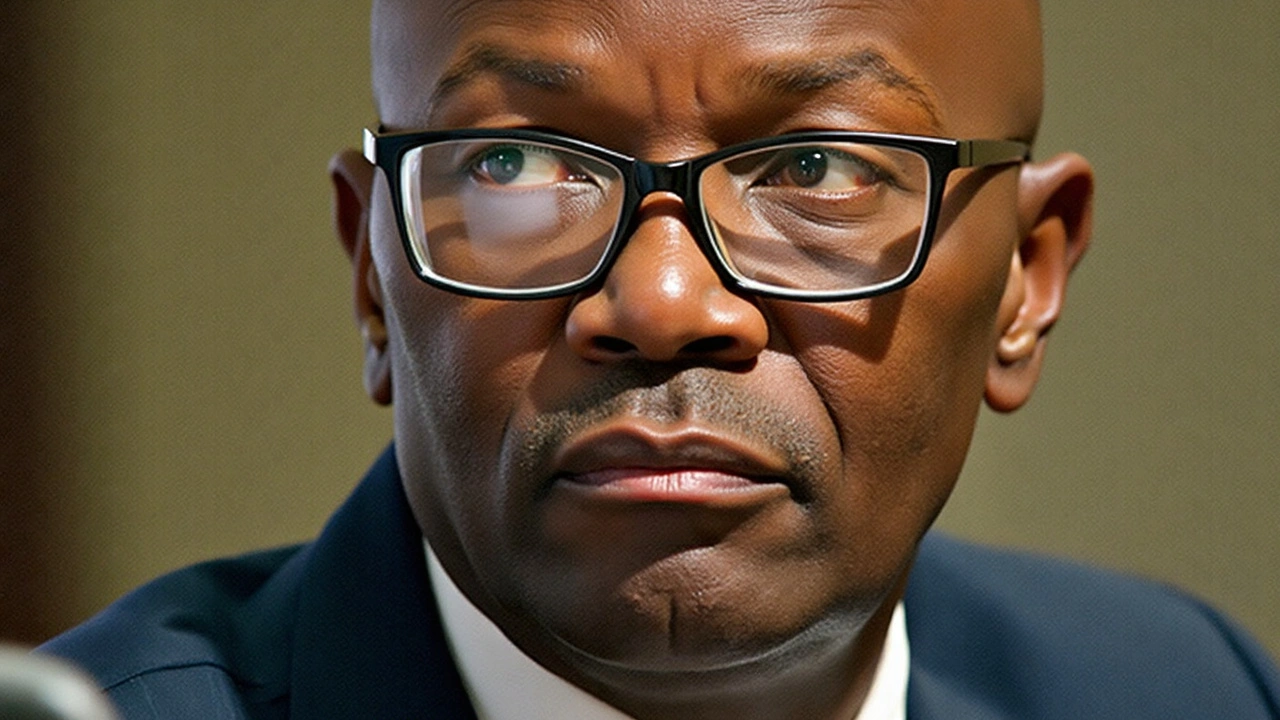GEPF corruption: what members need to know
Is your pension safe? The GEPF (Government Employees Pension Fund) is South Africa’s largest pension fund, and any hint of corruption makes headlines for a reason. Members need clear facts, easy ways to spot trouble, and steps to protect their money.
What is the GEPF? It manages retirement savings for public servants. It holds billions in assets and decides investments, selects service providers, and signs contracts. That power can create weak points where money or trust can be lost.
Common corruption risks. Look for a few repeated patterns: dodgy procurement where tenders go to insiders, inflated fees on contracts, risky off-book investments, conflicts of interest where decision-makers have stakes in vendors, and poor or delayed reporting that hides losses.
Signs to watch. Sudden changes in investment managers, unexplained fee hikes, secretive deals, lack of detailed annual accounts, and repeated qualified audit opinions from the Auditor‑General. Also watch for sudden staff reshuffles that block oversight or whistleblowers being sidelined.
How to check the facts
Start with official documents: GEPF annual reports, financial statements, and procurement notices. The Auditor‑General issues audits for state funds—read their findings. Parliament and the Standing Committee on Public Accounts (SCOPA) publish hearings. Use PAIA requests to get documents not published online.
Where to raise alarms
If you find suspicious activity, report to the GEPF hotline first and demand a written response. File complaints with the Auditor‑General, the Public Protector, or the SIU for serious fraud. Tip-off lines such as Corruption Watch accept anonymous reports and can amplify cases to investigators.
What members can do to protect retirement savings. Check statements regularly, question sudden changes, ask for detailed fee breakdowns, attend member briefings, and vote for representatives who back transparency. If GEPF products are offered through intermediaries, demand proof that fees are fair and that the intermediary is registered.
How journalists and activists can investigate. Track procurement portals, compare tender winners with company registries, request bidder documents via PAIA, and follow money flows through financial statements. Watch for common red flags: single-source contracts, repeated contract extensions without competition, and companies with shared directors or addresses.
Legal and oversight timelines. Corruption probes can take months or years. Audits and parliamentary hearings expose problems but may not fix them. Push for criminal prosecution when fraud is proven, and for governance reforms to close loopholes.
Stay informed without panic. Use reliable sources like Auditor‑General reports, parliamentary records, and reputable watchdogs. Set Google Alerts for "GEPF corruption" and follow trusted news outlets. Knowledge helps members hold the fund accountable and protect their future.
Want help? If you spot something odd, save documents, record dates and names, and contact a watchdog or reputable journalist. Small, well-documented tips often lead to big investigations.
Quick checklist: ask for audit results, demand open procurement records, verify vendor ownership, check fee schedules, and follow up on whistleblower outcomes. Keep copies of correspondence, file formal complaints with proof, and share tips with media or NGOs if authorities stall. Persistent pressure changes outcomes. Stay active, stay informed, stay loud.

Dondo Mogojane Resigns Amid VBS Corruption Allegations: Impact on GEPF and Moti Group
Keabetswe Monyake Nov 5 18Dondo Mogojane has resigned from his roles at the Government Employees Pension Fund and Moti Group amid VBS Mutual Bank corruption allegations. His departure sparks discussions on transparency within affected organizations. The scandal involves financial losses and legal consequences for several high-profile figures. The resignation is seen as a move to tackle mounting pressure and accusations tied to past fraud cases.
More Detail